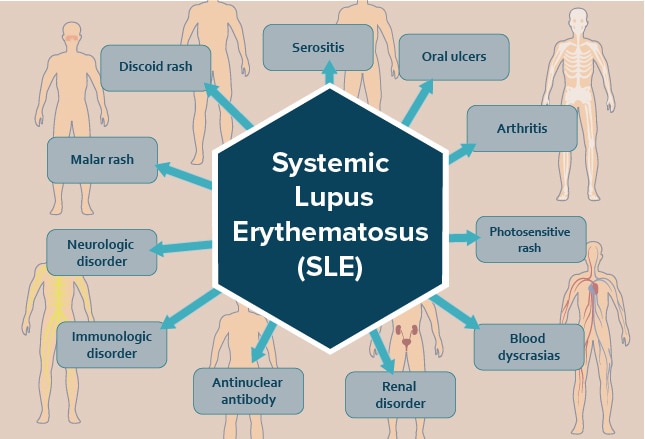Inspirating Info About How To Diagnose Lupus

Ad get information on a variety of health conditions, disease prevention, and more!.
How to diagnose lupus. Doctors can diagnose the condition by: Tests that may indicate a diagnosis of lupus include: These tests measure how well your kidneys are.
Celebrating 30+ years in business. Most people with lupus have mild disease characterized by episodes — called flares — when signs and symptoms get worse for a while, then improve or even disappear. Comprehensive metabolic panel complete blood counts to measure the rate of breakdown of red blood cells levels of white blood cells.
In addition to standard blood and urine tests, you may be asked to collect your urine for an entire day. Asking about your medical history and symptoms, and, if necessary, reading your previous. Confirming a lupus diagnosis depends on the combined results and interpretation of many different factors, including:
Medical history physical exam blood tests for. Many people have lupus for a while before they find. Learn how disease activity and flares can contribute to permanent organ damage.
Although no one symptom qualifies someone as having lupus, certain clinical techniques can be used to narrow down the diagnosis. To evaluate if you have lupus, your doctor will review your lupus organ involvement against a specific set of criteria, called slicc (or they may use the acr criteria,. For example, a test for antinuclear antibodies (anas) in.
When your doctor reviews your. Lab tests lab tests help doctors check for changes in your body that could be caused by lupus. Lupus can be hard to diagnose because it has many symptoms that are often mistaken for symptoms of other diseases.
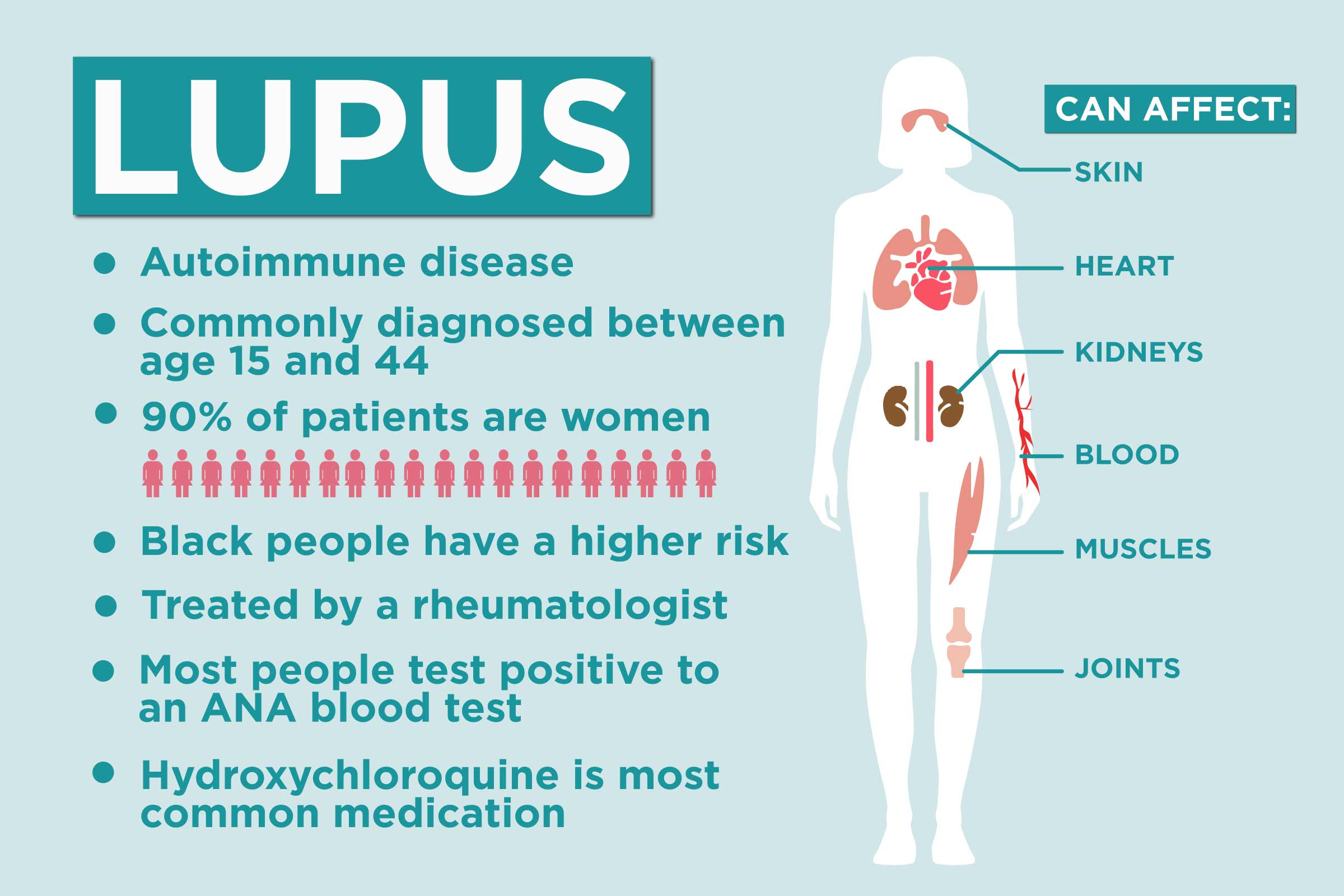
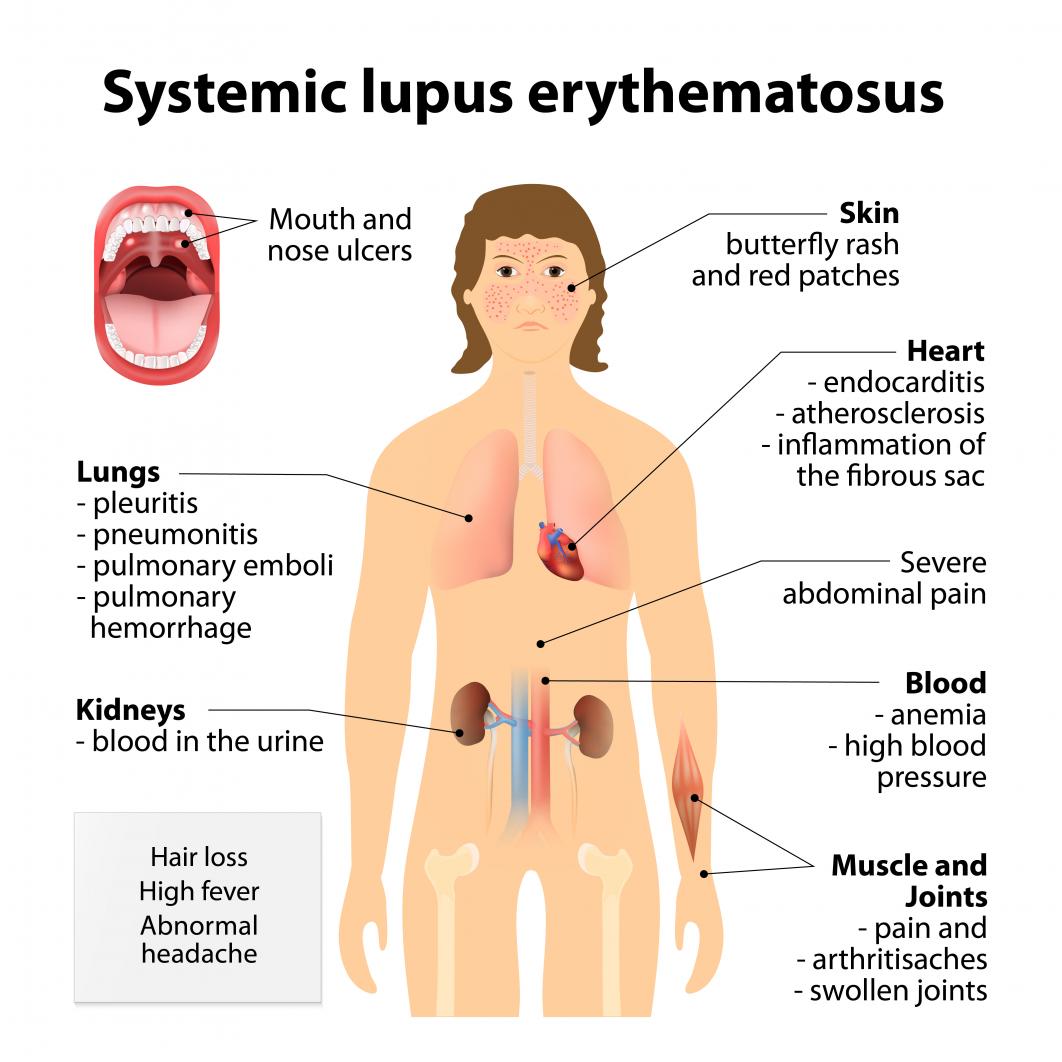
/lupus-diagnosis2-5ad0d65e119fa80036cef83d.png)


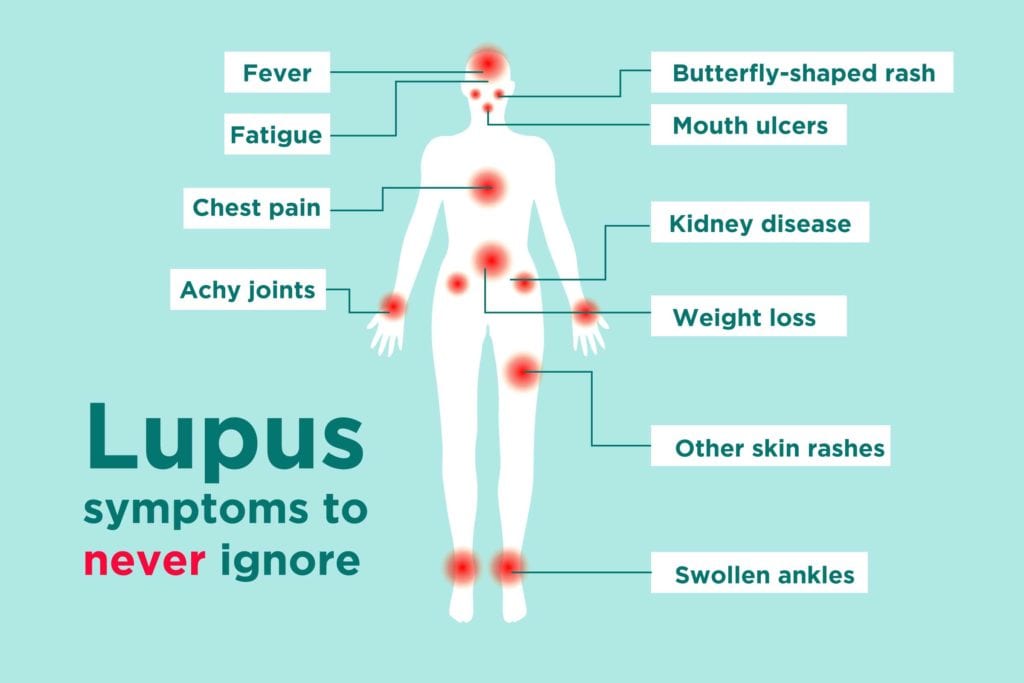
/what-is-lupus-2249968_final-58afa149bc23484c9d3f2c248fb8520b.png)





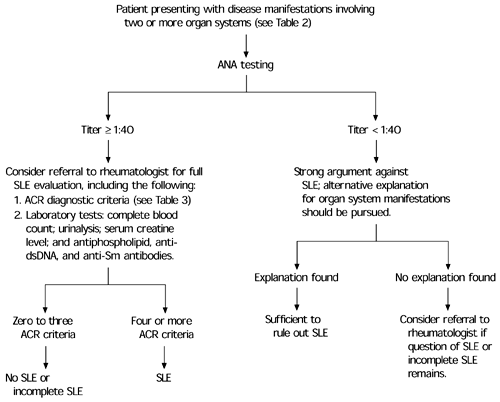
:max_bytes(150000):strip_icc()/lupus-symptoms1-5ad0d4801d6404003933b09f.png)



